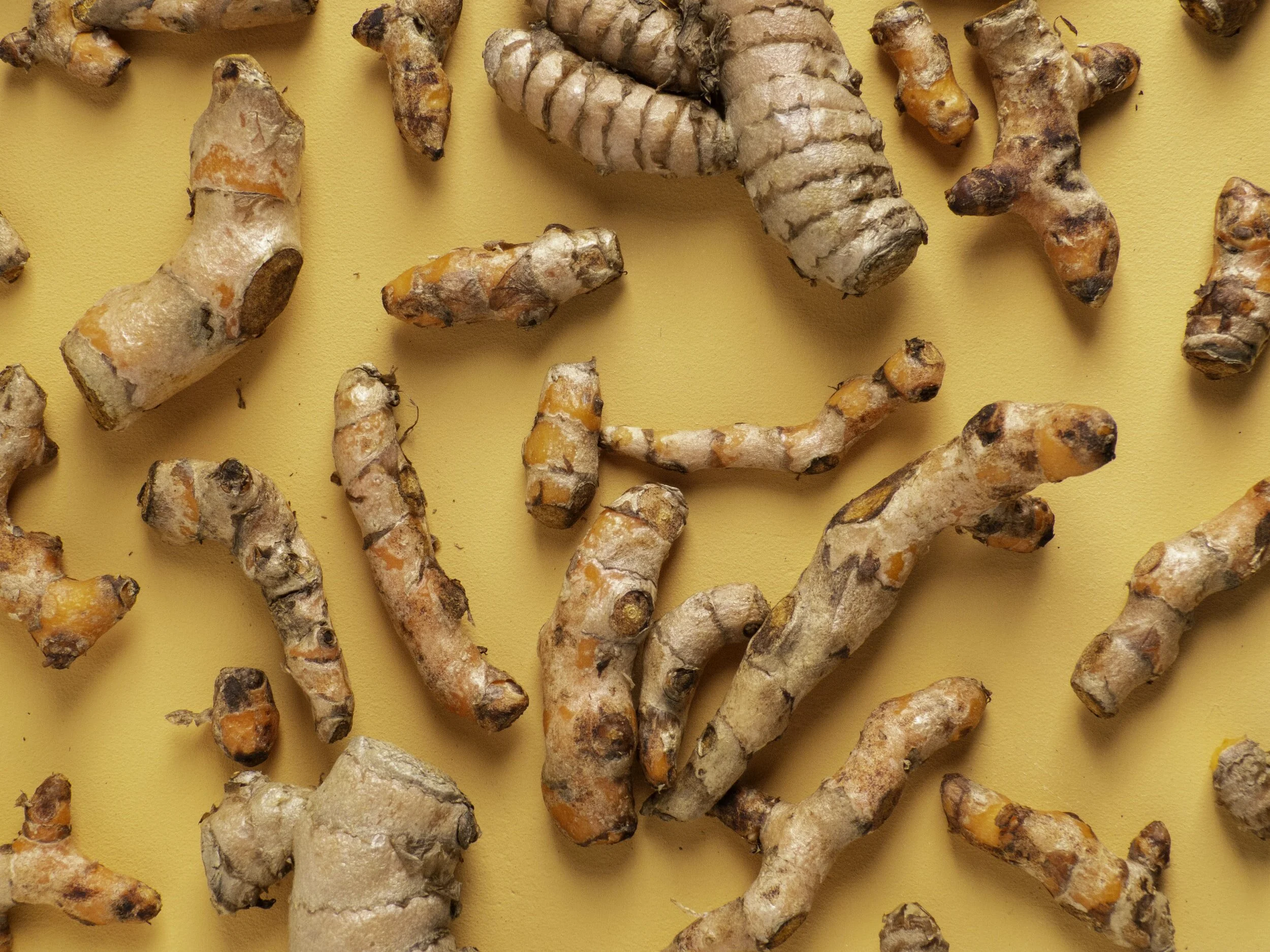Supplements for Allergy Season
Spring is on its way and for many of us, that means seasonal allergies are not far behind. Seasonal allergies are often caused by pollen from trees, grasses, and weeds. In allergy sufferers, the immune system mistakes pollen for a threat and mounts a response to rid the body of it. This response triggers increased histamine release, mucus production, and inflammation, which leads to congestion, runny nose, itchy eyes, sneezing, and headaches associated with allergies.
The symptoms can be miserable but there are many natural ways to help reduce the severity of allergy symptoms. Besides reducing your exposure to allergens by keeping your home clean and face washed, there are several supplements that have been shown to improve allergy symptoms in clinical trials.
Quail Egg Powder
One of the most unique natural interventions for seasonal allergies is quail egg powder. Quail eggs contain compounds that block the effects of pollen, mold, dust, and animal dander on the nasal cavity, preventing the immune response that causes nasal symptoms like congestion.
A small trial from 2014 found that participants who used a proprietary blend of quail egg experienced significant improvements in nasal inspiratory flow (how easily they could take a breath in through their noses) and quality of life. I have a few clients who use quail egg supplements during allergy season and swear by them.
Vitamin C
Vitamin C is an antioxidant that may be helpful for reducing allergy symptoms. A recent study in South Korea found that children who had higher dietary intake of vitamin C had fewer allergy symptoms. Another study found that participants who took antioxidants, including vitamin C, along with over-the-counter steroid nasal spray noticed a significant improvement in nasal allergy symptoms. Vitamin C can be found in fruits and vegetables including broccoli, spinach, cauliflower, kale, and citrus fruits.
Quercetin
Quercetin is a compound found in many fruits and vegetables including onions, apples, berries, and grapes. This compound has been shown to help reduce the immune response responsible for the symptoms of seasonal allergies. Quercetin seems to inhibit the release of histamine and decrease inflammatory molecules released by mast cells, one of the main drivers of the allergic response.
Turmeric
Turmeric (Curcuma longa) is a potent anti-inflammatory agent. A recent study looking at curcumin, the active ingredient in turmeric, found that participants who took a curcumin supplement for two months had decreased nasal symptoms including congestion, sneezing, and runny nose. Turmeric can be taken as a supplement or incorporated into foods like soups, stews, and curries.
Other supplements like N-acetylcysteine and bromelain may be helpful for reducing nasal congestion associated with allergies.
Remember, I’m a doctor but I’m not your doctor. Always talk to a healthcare provider before starting any new supplements. If you’re interested in working with me, send me an email and let’s schedule a visit to discuss options for helping you feel better this spring!
References
https://www.mayoclinic.org/diseases-conditions/hay-fever/in-depth/seasonal-allergies/art-20048343
Benichou AC, Armanet M, Bussière A, Chevreau N, Cardot JM, Tétard J. A proprietary blend of quail egg for the attenuation of nasal provocation with a standardized allergenic challenge: a randomized, double-blind, placebo-controlled study. Food Sci Nutr. 2014 Nov;2(6):655-63. doi: 10.1002/fsn3.147. Epub 2014 Jul 20.
Seo JH, Kwon SO, Lee SY, et al. Association of antioxidants with allergic rhinitis in children from seoul. Allergy Asthma Immunol Res. 2013;5(2):81–87
Chauhan B, Gupta M, Chauhan K. Role of antioxidants on the clinical outcome of patients with perennial allergic rhinitis. Allergy Rhinol (Providence). 2016;7(2):74–81.
Mlcek J, Jurikova T, Skrovankova S, Sochor J. Quercetin and its anti-allergic immune response. Molecules. 2016 May 12;21(5). doi: 10.3390/molecules21050623
Sayin I, Cingi C, Oghan F, Baykal B, Ulusoy S. Complementary therapies in allergic rhinitis. ISRN Allergy. 2013;2013:938751. Published 2013 Nov 13
Wu S, Xiao D. Effect of curcumin on nasal symptoms and airflow in patients with perennial allergic rhinitis. Ann Allergy Asthma Immunol. 2016 Dec;117(6):697-702

